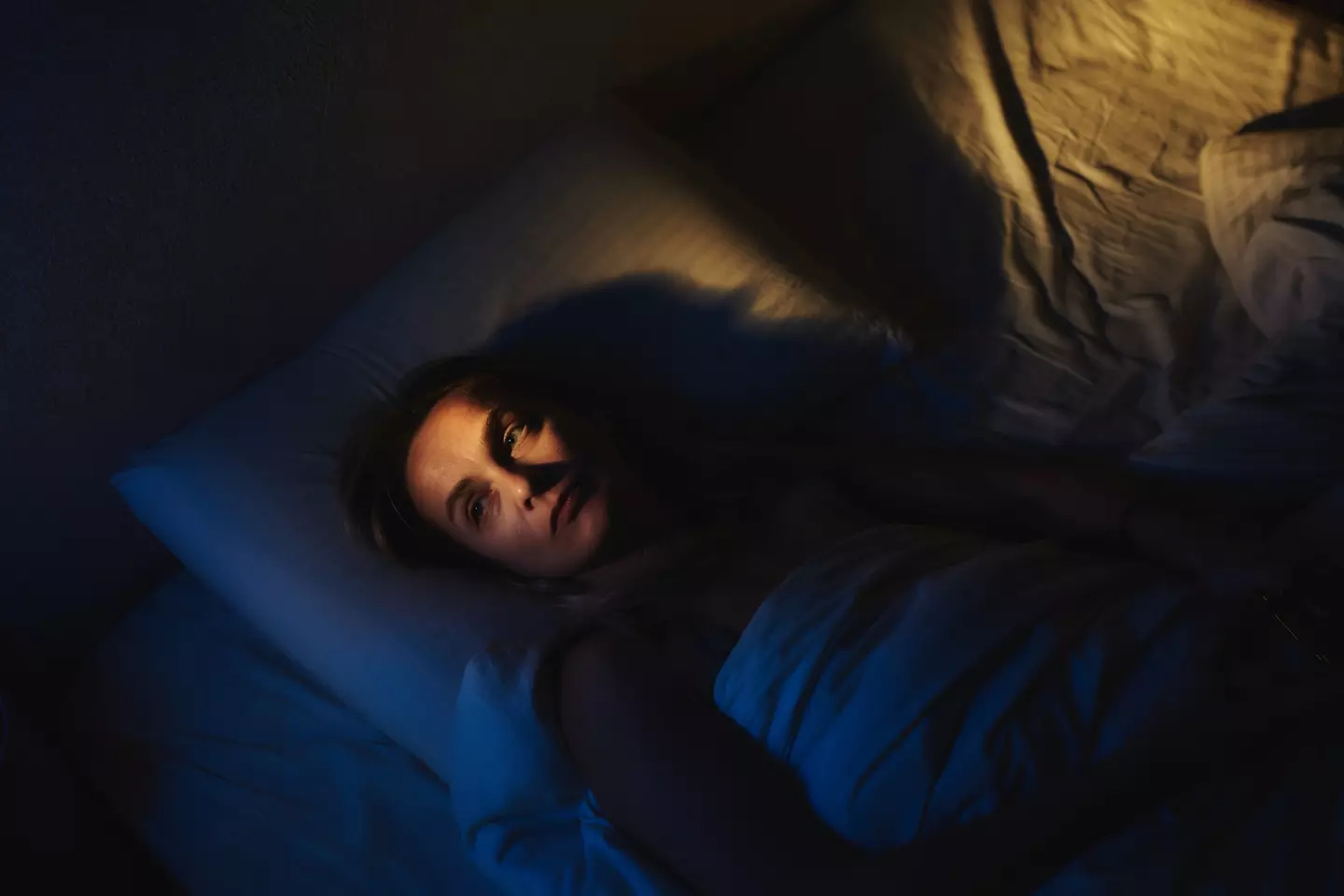
Sleep is an absolute miracle. If you get your recommended eight hours then you’re setting yourself up for a great day, but also for solid overall health.
It helps your body and mind to recover, processes your stresses and emotions, solidifies memories and new skills, and sets the stage for tissue repair and development.
Thanks to the cultural fetishisation of sleeping as little as possible in a bid to boost productivity, many people see sleep as an inconvenience to be minimised rather than nature’s ultimate curative and performance enhancer.

Advert
If you want to maximise your efficacy in all areas of life, you’re much better off getting eight hours of sleep rather than dragging yourself through day after day on four hours, pickling your brain and losing essential recovery, all whilst being less capable and accurate than you’d be on a full night’s kip.
In other words: if you’re anti-sleep martyr, you’re only mugging yourself off.
If you’re already well versed in the benefits of sleep – and we’d recommended reading Matthew Walker’s Why We Sleep for the full low-down on the magic that is the Land of Nod – then you might be wondering how to maximise your shut-eye.
Getting exercise, stopping eating a few hours before bed, and minimising blue light exposure in the hours leading up to bedtime can all help, but if you’re a caffeine fan then you need to make sure you’re timing your intake properly.
Caffeine doesn’t necessarily you more energy. Instead, it blocks your body and brain’s fatigue receptors, helping you to stay awake, alert and focused. It does help to trigger epinephrine release too, so you do get a buzz from it, but it’s all a cunning bodily illusion that essentially tricks you into making the most of your energy levels.
Because it blocks your body’s typical fatigue indicators, it can wreak havoc on your sleep. If you still have caffeine in your system when it’s time to hit the hay, it will prevent your brain’s biochemistry from adjusting itself into sleepiness.
Namely, it interferes with melatonin, the hormone that acts as your sleep trigger. As melatonin levels increase in the brain, you become sleepier and will find it easier to drift off. Melatonin production is stalled by blue light from the sun, as well as from screens, and it’s also impeded by caffeine.
So, how can you time your caffeine consumption avoid this? It turns out that it’s pretty easy to do.
Exercise scientist Milo Wolf, in a recent Stronger by Science video, explained exactly when to cut off the caffeine to ensure it doesn’t stop you getting a full night’s sleep.
"Caffeine is great, whether it's coffee or an energy drink," said Wolf. “In fact, caffeine is one of the only supplements that can help boost your performance during a workout."
Per a 2023 study into caffeine’s effects on sleep, it was found that having it in your system can reduce your sleep time by 45 minutes a night, with a 7% drop in sleep efficiency. It also impedes sleep onset by around nine minutes, with people staying awake for an average of 12 minutes more through the night.
Of course, your mileage is dependant on your unique makeup, along with how much caffeine you’ve consumed and how recently you’ve had it.
"The larger the dose of caffeine, the earlier you need to take it," said Wolf, referring to the study.

"For around 100 milligrams of caffeine, they found they needed to stop consuming at around nine hours before bedtime. For a larger dose of caffeine, like a pre-workout or an energy drink, around 14 hours before bedtime seemed to be better."
For reference, a cup of coffee has around 94 milligrams of caffeine in it.
So there you have it! Kick the caffeine with nine hours to spare, and you should have processed enough of it out of your system to ensure it doesn’t impact your sleep.
